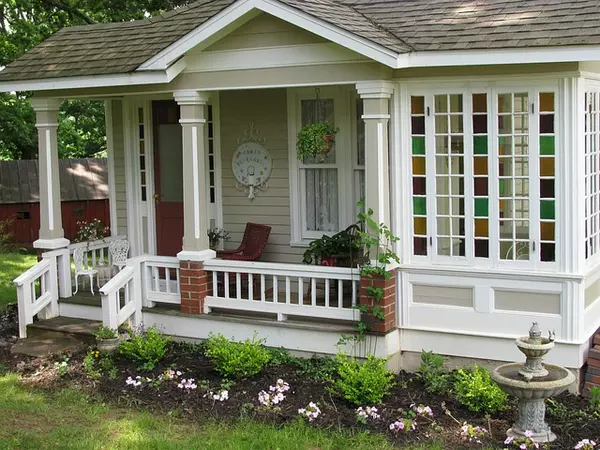Tips for Downsizing!

Seniors who are downsizing should consider several key factors to ensure a smooth transition:
-
Assess Needs: Determine the essential features required in a new home, such as accessibility, proximity to medical facilities, and social amenities.
-
Declutter: Start early by sorting belongings and deciding what to keep, donate, or sell. Downsizing involves minimizing possessions to fit into a smaller space.
-
Financial Planning: Consider the financial implications of downsizing, including selling the current home, budgeting for a new residence, and potential retirement income adjustments.
-
Rightsizing: Find a home that meets current and future needs, considering factors like single-level living, minimal maintenance, and proximity to family and friends.
-
Emotional Support: Recognize the emotional challenges of downsizing and seek support from family, friends, or a professional counselor if needed.
-
Legal and Administrative Tasks: Address legal matters such as updating wills and power of attorney and notifying relevant institutions of address changes.
-
Professional Assistance: Consult with a real estate agent specializing in senior downsizing to navigate the process efficiently and find suitable housing options.
By carefully planning and considering these elements, seniors can successfully downsize to a new home that enhances their quality of life during their golden years.
GET MORE INFORMATION








